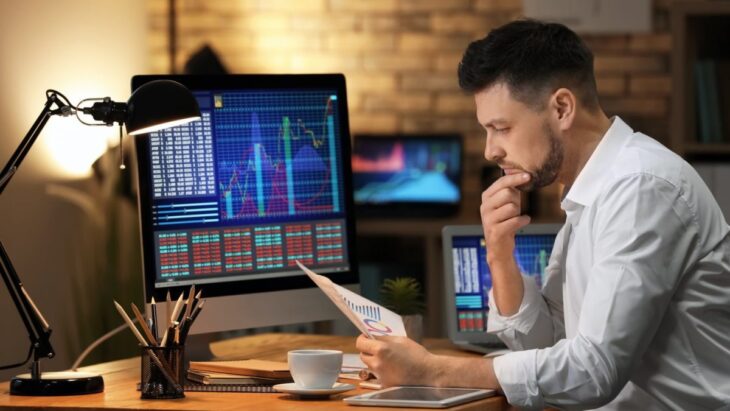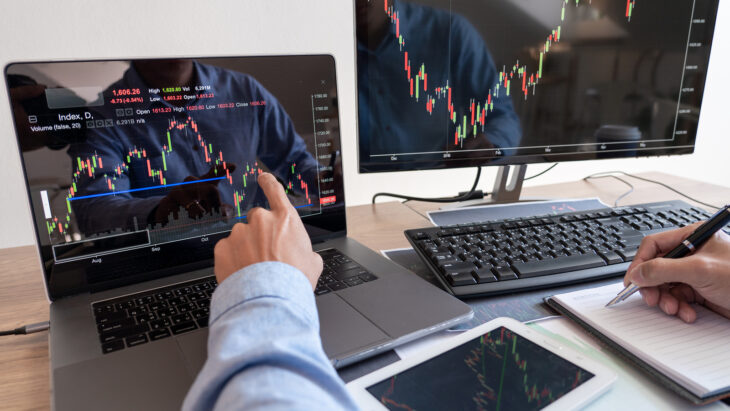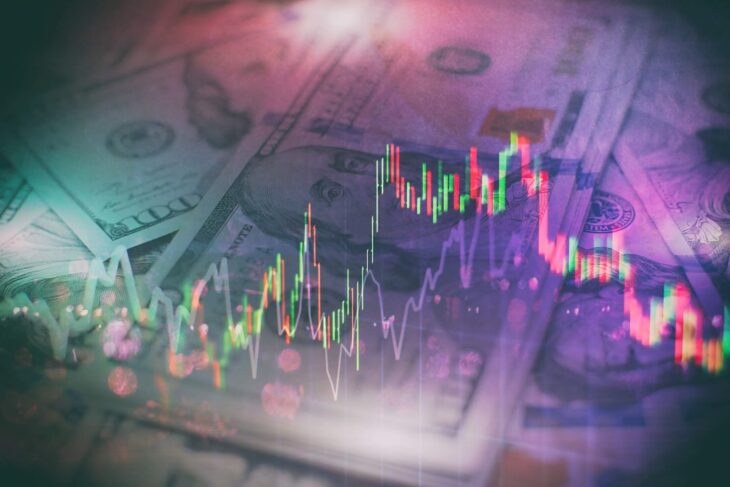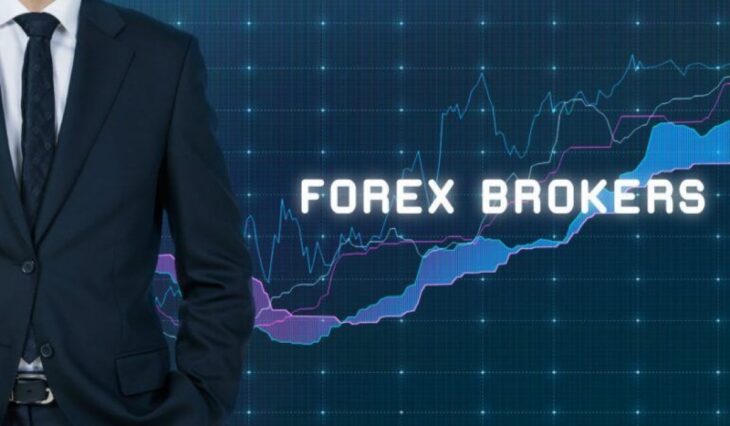Investing in Forex trading online is becoming more and more popular, day by day, year by year. And this trend doesn’t look like it’s going to stop any soon, not even after a year like 2024.
So, if you are one of those who are approaching for the first time the FX trade world, but you don’t know where to look or how to start, you just have found the right article for you.
In the next paragraphs, we are going to look together where we should focus our attention while choosing our next FX broker to operate with, and which signals may alert us we should be aware of in case we chose a bad online broker or any other form of scam.
With that being said, if you don’t want to think too much about which one is the best, here’s for you a great top 10 about the best forex brokers on the investingoal site.
Contents
Range of Financial Markets

img source: macquarie.com
Before you start with an FX broker, you should check if it has to offer something else to offer. For example, you should ask yourselves before opening an account if you are going to trade exclusively in forex or if you are interested in other financial products such as CFDs. So, does it trade in CFDs?
And, in the same way, you should start to check other features you may be interested in.
Is there any way to invest in such a thing as commodities on its trading platform? Does it allow you to trade in cryptocurrencies, or even use it as if it were an actual currency on the platform? Will it be easy to stock trading with it, eventually?
And so on.
Free Demo Account

img source: cmsprime.com
The best brokers on the market will give you often the possibility to open a free demo account to start.
This is something to absolutely try when you are interested in starting a financial journey such as forex trading, but you are a newbie trader.
Once opened a free trial demo, you will be able to practice with a specific online trading platform with its specific features given by the chosen online broker while using a virtual balance which is composed of “fake” money.
It means that you are free of learning from your mistakes without losing any money during the process.
Starting with a free demo account may be also a good idea even if you are an expert trader dissatisfied with its actual online broker. Trying another brokerage service in this modality allows you to try every advanced option and fee available on that particular platform without the need to commit too much with the new broker.
Spread Advertising

img source: bestforex.broker
As you already know, the spread is something that you are going to pay every time you finish a trade operation.
Spread is where forex brokers charge a commission, and it’s basically how they make their money.
Now, many new traders are always searching for the lowest spread broker. But actually, you should check twice once you find the “best” spread fees.
As a matter of fact, many brokers rely on this marketing technique of showing only a specific spread which will not always be the one you are going to have for the rest of your operations for your future operations. So before you open up a new account with an online broker just because you thought that it has the best spread fee available, you’d better check twice.
Limits On Scalping

img source: fxtradingpro.com
If you are not new in the forex world, or if you just want to start with an FX broker with a precise strategy of trading such as high-frequency day trading, you should check if there are any limitations about trading techniques or style.
This is a crucial thing to check before opening a new account because many brokers have a minimum period of time that you’ll have to wait between the market price, the stop-loss and the take-profit, not allowing scalp trading on their platforms.
Besides that, you should also double-check the regulation in your territory about scalping. For instance, if you are an American citizen, you should know that there is no federal law against scalping, but, according to what the National Conference of State Legislatures (NCSL) says, there are 15 states which ban this practice in some way, and that includes fines and even jail time (up to one).
States in the US that have some sort of restrictions on scalping include Arizona, Arkansas, California, Connecticut, Delaware, Kentucky, Louisiana, Michigan, Mississippi, Missouri, New Mexico, Ohio, Rhode Island, and Wisconsin.
Regulated Broker Only

img source: ifpnews.com
Before you invest even a dime in a trading account, you should always be careful about choosing a regulated broker.
It means that you should check its license, and if it is allowed to operate on your territory. Most famous licenses actually available ar:
- FCA license: FCA stands for “Financial Conduct Authority”. It’ is a financial regulatory body related to the United Kingdom. It operates independently from the Government, and it finances itself by charging fees to the members of the financial services industry. FCA authorization regulates financial firms (online brokers included) and watches over the integrity of the financial markets in the UK.
- ASIC license: ASIC stands for “Australian Securities and Investments Commission”. It’is an independent commission of the Australian Government which serves as the national corporate regulator for the financial sector. Its role is to regulate all of those companies and services related to the financial sector in order to enforce laws to protect Australian investors, consumers and creditors. Its license is an assurance for the Australian territory.
- CYSEC License: CySEC stands for “Cyprus Securities and Exchange Commission”. It’s the financial regulatory agency of the Island of Cyprus. Because of the fact that Cyprus is an EU member state, CySEC’s financial regulations and operations comply with the European MiFID financial harmonization, so it allows every online broker in possession of this license to operate freely on the entire European territory.
In case you decide to go further and try to invest with a non-regulated broker, this decision will lead you eventually to scams and a high risk of profit-losses.
